The MEng Emphasis in Transportation and Planning equips you with the expertise and leadership skills essential for advancing in the complex field of transportation engineering. In the 21st century, transportation is not only a critical pillar of urban development but also a key factor in combating climate change and promoting sustainability. With transportation accounting for a significant portion of global greenhouse gas emissions, innovative solutions in this sector are crucial for building sustainable, low-carbon cities. Our comprehensive curriculum covers key areas such as transportation systems, urban planning, and sustainability, providing a solid foundation in both technical knowledge and strategic thinking. The program places a strong emphasis on hands-on, research-driven learning, enabling students to tackle pressing issues like environmental impact, urban mobility, and transportation externalities. Guided by leading experts and utilizing cutting-edge methodologies, graduates are prepared to drive innovation, manage large-scale projects, and optimize transportation systems in the ever-evolving landscape of urban development.
Meet your Instructors
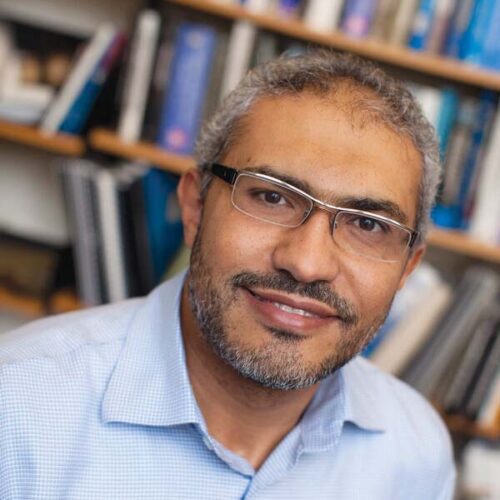
Amer Shalaby
ProfessorPublic Transportation Operations and Planning: Development of intelligent transportation systems
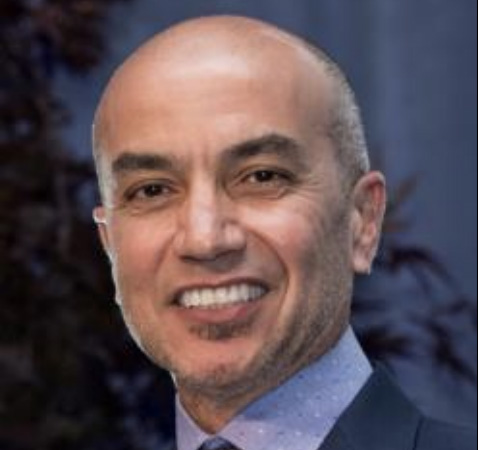
Baher Abdulhai
ProfessorTraffic Management: Intelligent transportation systems/emerging technologies in transportation
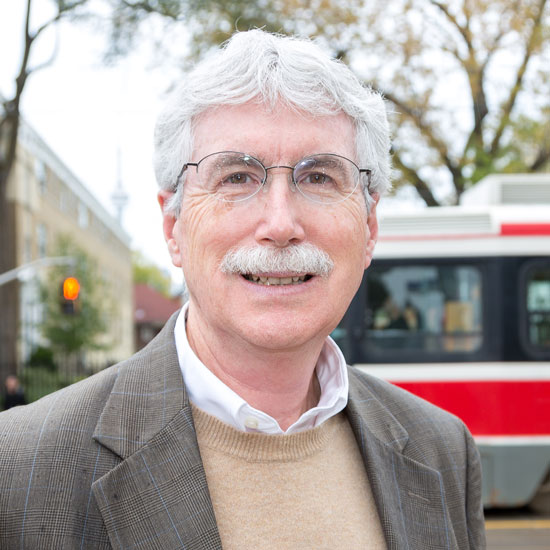
Eric Miller
ProfessorIntegrated Land Use and Transport Modelling: Development and application of microsimulation modelling systems within large urban contexts
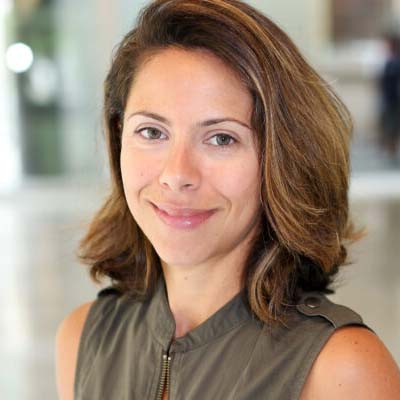
Marianne Hatzopoulou
ProfessorEnvironmental Analysis: Traffic-related air pollution/urban air quality; transportation engineering
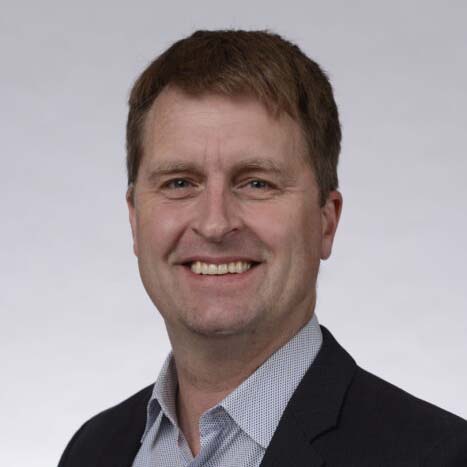
Matthew J. Roorda
ProfessorFreight Management: Urban freight data analysis and modelling; freight optimization; passenger transportation analysis
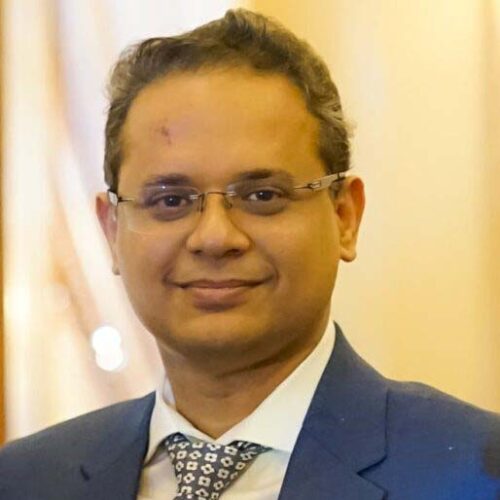
Khandker Nurul Habib
ProfessorIntegrated Land Use and Transport Modelling: Sustainable transportation and land use planning and evaluation of planning/policy options

Prof. Marianne Hatzopoulou
Meet your Coordinator
The field of transportation is facing enormous challenges ranging from advances in vehicle automation and electrification to the rise of innovative mobility solutions. I am thrilled to be mentoring the new generation of transportation engineers as they develop the skills to better understand these challenges while at the same time design solutions that are affordable, equitable, and climate friendly. I hope to share my expertise in transport decarbonization and passion for designing transport systems that enable societal outcomes with MEng Transportation students.
Requirements
The Emphasis in Transportation Engineering and Planning is an optional component of the Master of Engineering (MEng) in Civil & Mineral Engineering
To complete the emphasis you must complete 6 courses (3.0 FCE) from the list of courses.
- Other courses may be considered but would require approval from the Emphasis Coordinator
- With approval, one or two courses may be replaced by an MEng Project: CIV1001H (0.5 FCE) or CIV1002Y (1.0 FCE)
Explore course descriptions and timetables
Note that not all courses will be offered every year.
Featured Courses
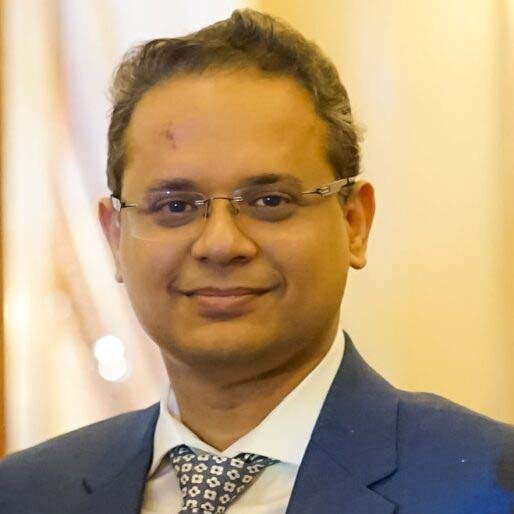
CIV531H1 - Transport Planning
Instructor: Khandker Nurul Habib
CIV531H1 introduces you to the key concepts and methods in urban transportation planning. The course covers a range of topics, including travel demand modeling, environmental impact analysis, and the interaction between transportation and land use. You will examine current challenges and policies in the field, gaining a holistic view of how transportation planning integrates with broader urban development goals. Emphasizing a "systems" approach, the course explores the intersections of sustainability, equity, and economic considerations, and prepares you to analyze and design transportation solutions for complex urban environments.
CIV1532H - Fundamentals of ITS and Traffic Management
Instructor: Baher Abdulhai
In CIV1532H, you’ll dive into the world of Intelligent Transportation Systems (ITS) and explore how AI is transforming traffic management. The course begins with foundational principles of ITS and progresses to advanced applications, such as AI-driven traffic control, dynamic congestion pricing, and emergency management. You’ll learn about various modeling techniques, including genetic algorithms and neural networks, and their use in optimizing traffic flow and enhancing safety. The course also covers emerging technologies like Reinforcement Learning and their application in the integration of vehicle automation and connectivity. By the end of this course, you will be adept at applying advanced technologies to create smarter, more adaptive transportation systems.

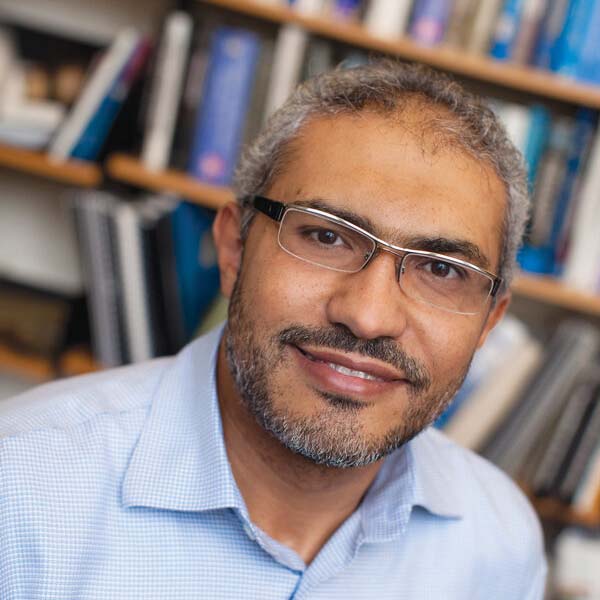
CIV1540H - Urban Operations Research
Instructor: Amer Shalaby
CIV1540H focuses on applying quantitative methods to solve urban transportation problems. This course covers techniques such as probabilistic modeling, queuing theory, network analysis, and simulation to enhance the efficiency of transportation networks. You will explore how these methods can be used to improve traffic flow, optimize public transit schedules, and design better pedestrian pathways. With a strong emphasis on practical application, the course equips you with the skills needed to apply analytical tools to real-world urban scenarios, preparing you to develop data-driven strategies for modern transportation challenges.
Sample Projects
MEng students have the option of tackling real-world engineering challenges and applying their coursework knowledge by engaging in a project under the guidance of a CivMin professor. A project offers the invaluable opportunity to collaborate with experts and develop innovative solutions, enhancing a student's technical competence and preparing them for the complexities of future engineering careers. Additionally, the project can serve as a cornerstone for building a professional portfolio and showcasing capabilities to potential employers.
A CivMin MEng project is a dynamic experiential learning opportunity providing hands-on experience that can significantly boost employability and confidence as students transition into the engineering workforce. For more details, please refer to the MEng program requirements.
Explore examples of past and potential future projects below, and envision how an MEng project could be a transformative experience in your engineering education and career. Current opportunities can be found on the MEng Project Opportunities page.

A Joint Model of Individuals’ Residential Location Choices and Work Location Choices for Single Person Households in Ottawa
Supervisor: Khandker Nurul Habib
How do individuals choose where to live and work, and how does this impact urban planning? This innovative project tackled these questions by examining the decision-making processes behind residential and work location choices for single-person households in Ottawa. Moving beyond traditional models, this research introduced a new, integrated approach to simulate these choices, considering factors such as socioeconomic status, land-use data, and accessibility. The findings from this study offered valuable insights for urban planners and policymakers, helping to create more effective strategies that aligned transportation planning with land-use development. By better understanding the factors influencing where people lived and worked, cities could enhance mobility, reduce congestion, and promote more sustainable urban growth.

The Relationship between Online Shopping (cooked meals) and Household Trip Demands
Supervisor: Khandker Nurul Habib
With the rise of on-demand delivery services, cooked meal deliveries became a staple in urban life, especially accelerated by the COVID-19 pandemic. This project explored how the increasing popularity of online food delivery impacted household trip demands and urban traffic patterns. As Canada's food delivery market grew, estimated to reach $12.75 billion in 2023, this study delved into the complexities of delivery routes, which included various modes of transportation like cars, bikes, scooters, transit, and walking. Understanding these dynamics was crucial for managing urban traffic and planning sustainable transportation solutions. This project aimed to provide valuable insights into how household characteristics influenced cooked meal delivery demand, ultimately helping cities better manage traffic congestion and improve overall road safety.
Career Outlook
A CivMin MEng from the #1 Civil Engineering program in Canada can open up a world of opportunities and supercharge your career. The University of Toronto is ranked #12 globally for graduate employability by Times Higher Education, and our alumni have secured exciting roles at a wide variety of top companies including Hatch, WSP, Aecon, Kiewit and Metrolinx.
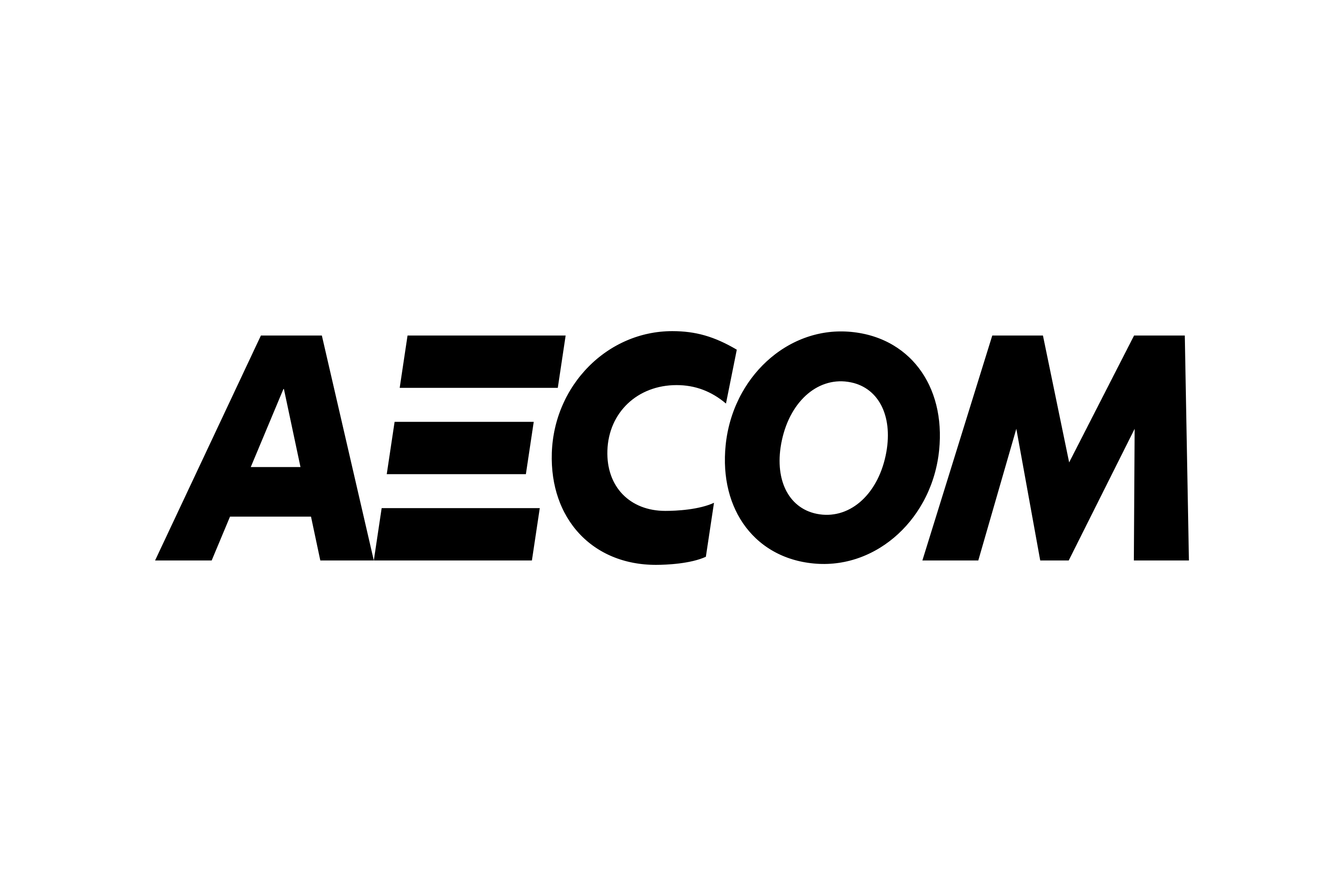
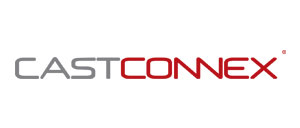
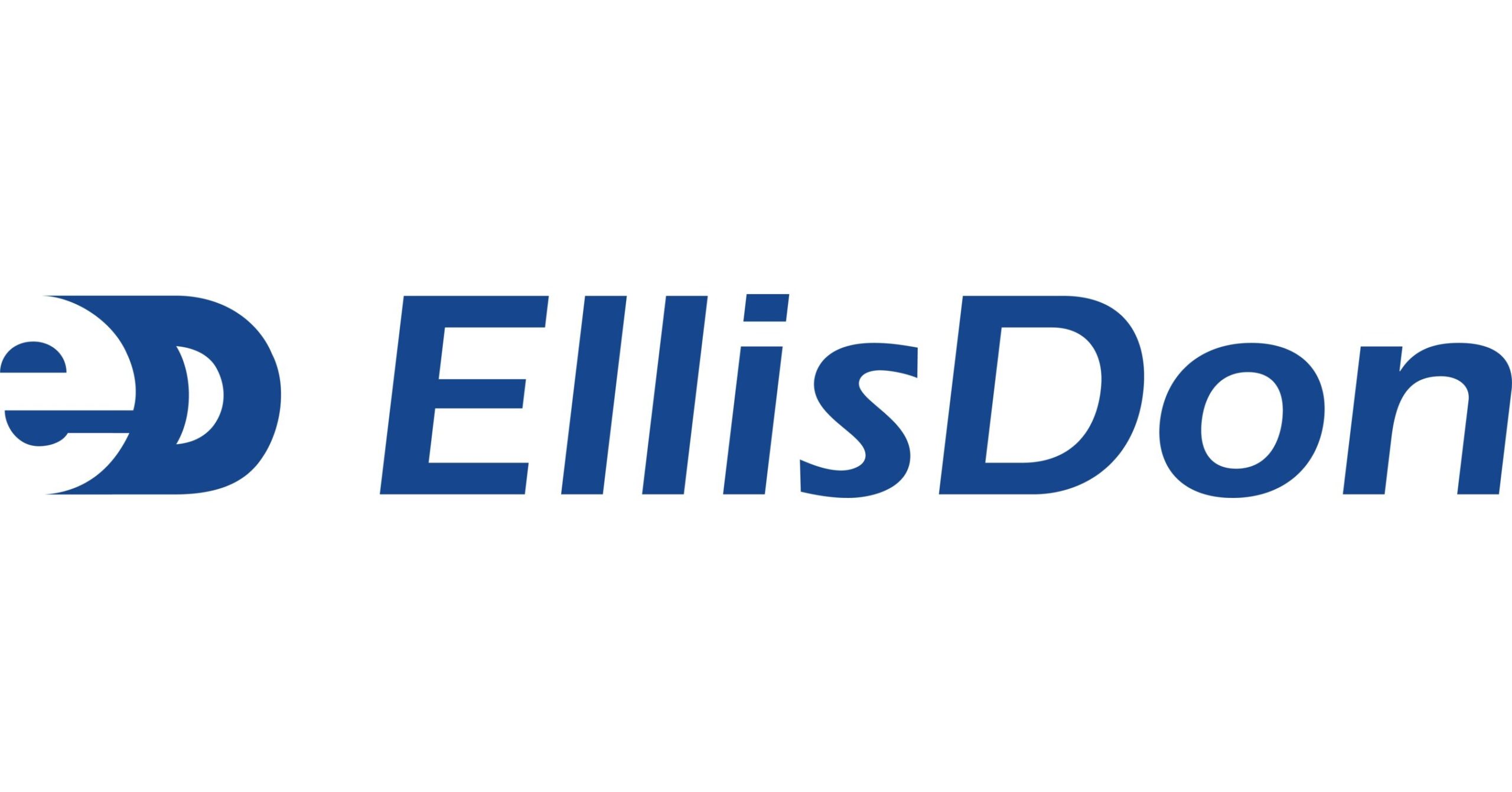


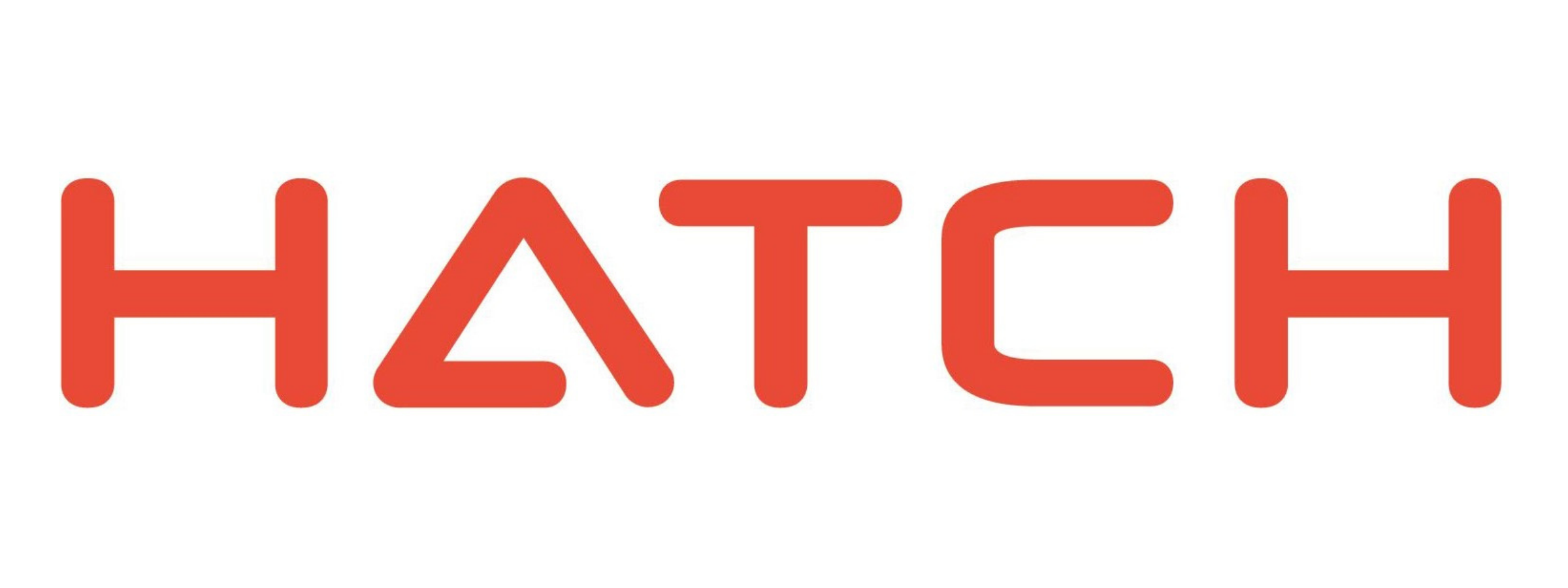



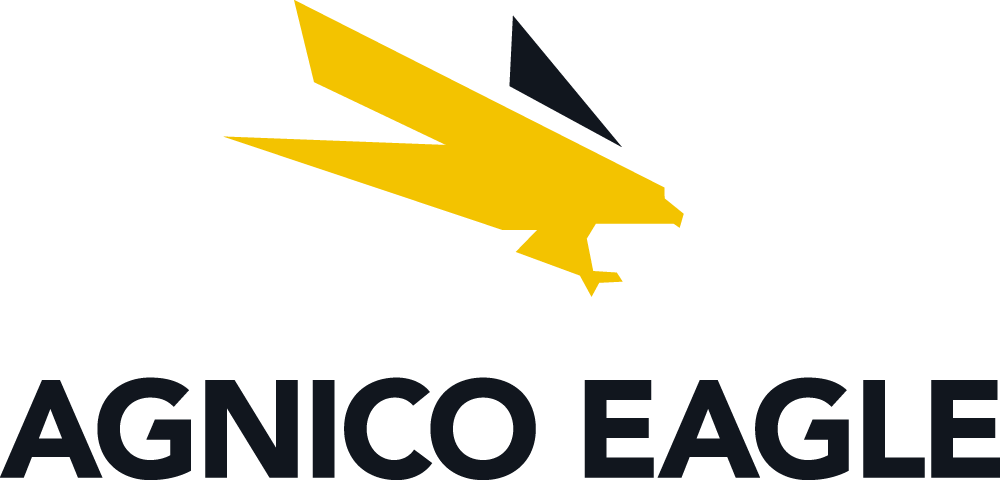

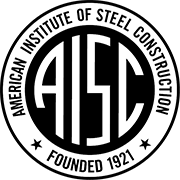
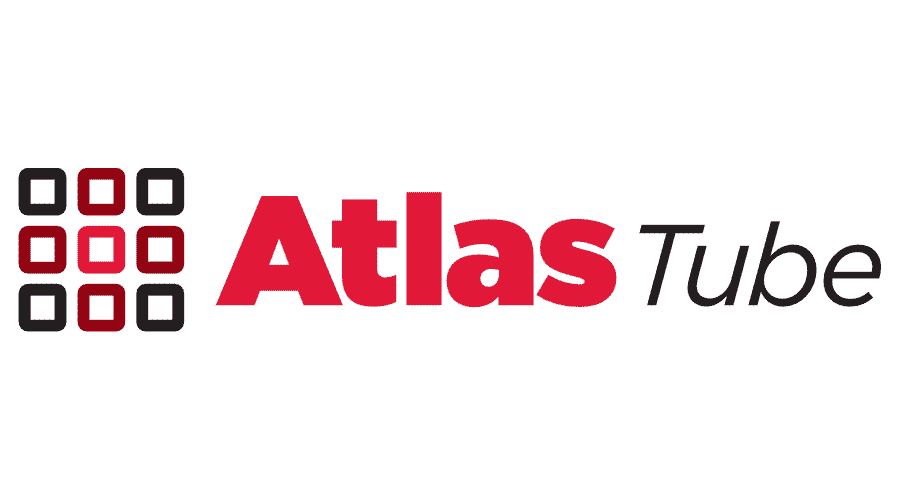
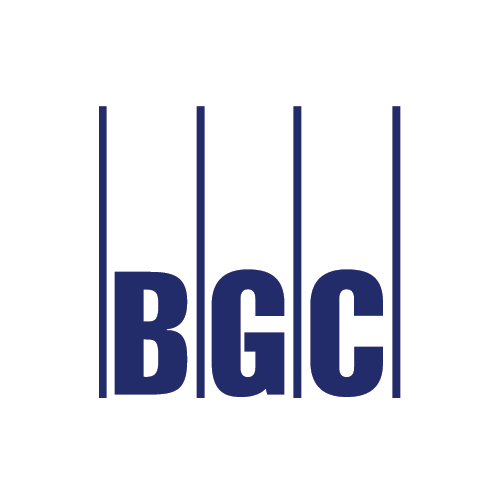
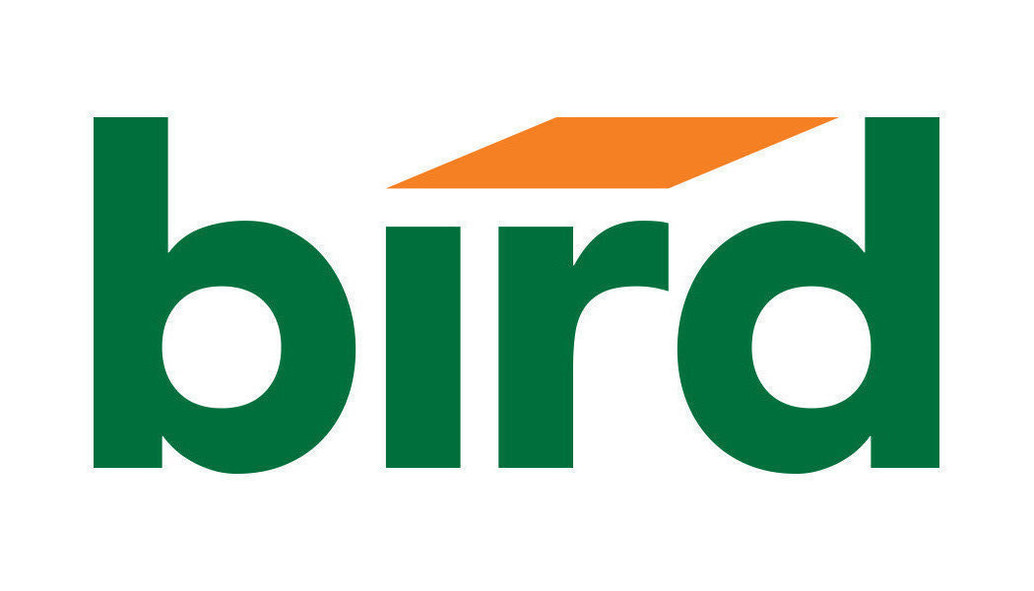


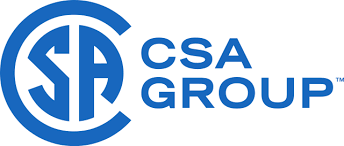


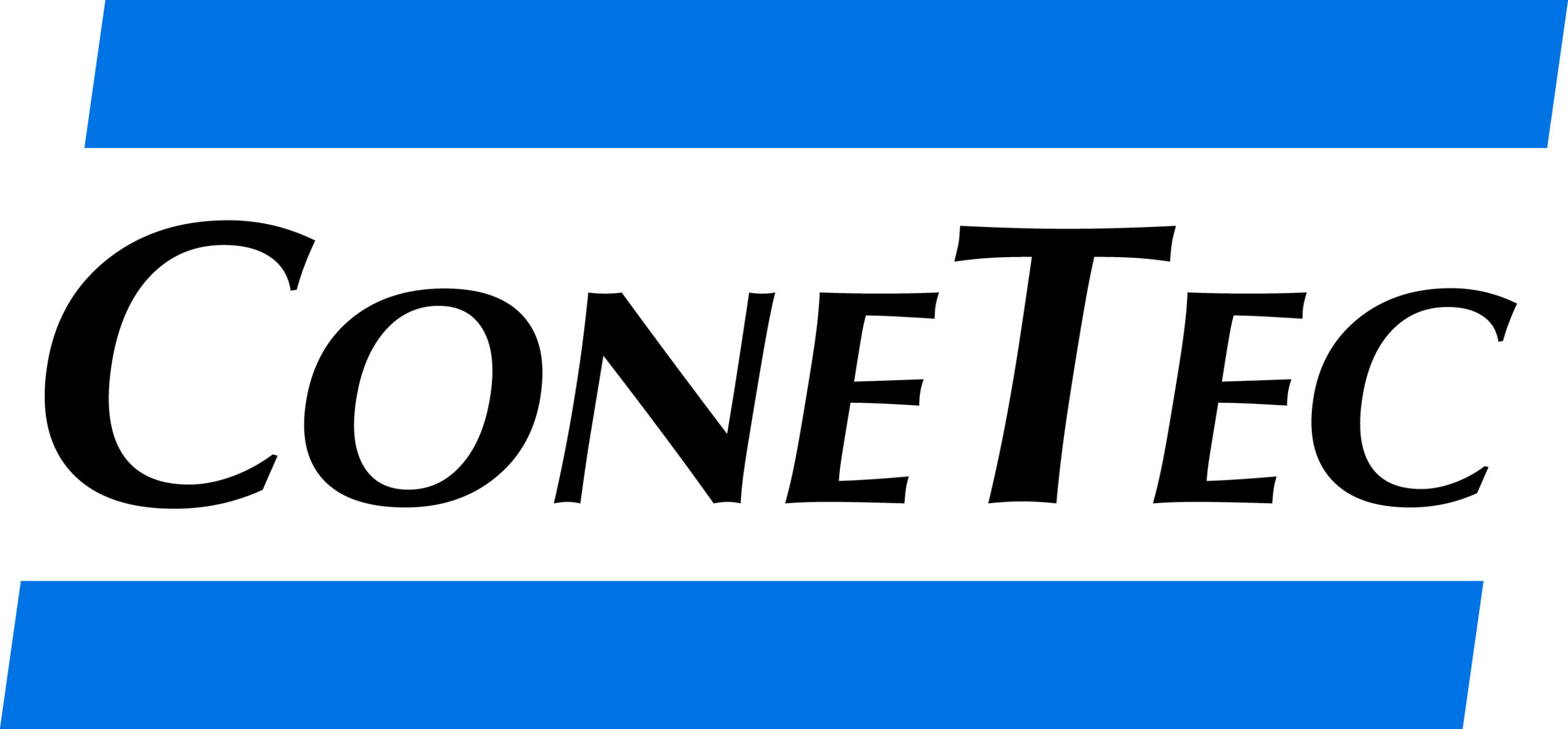


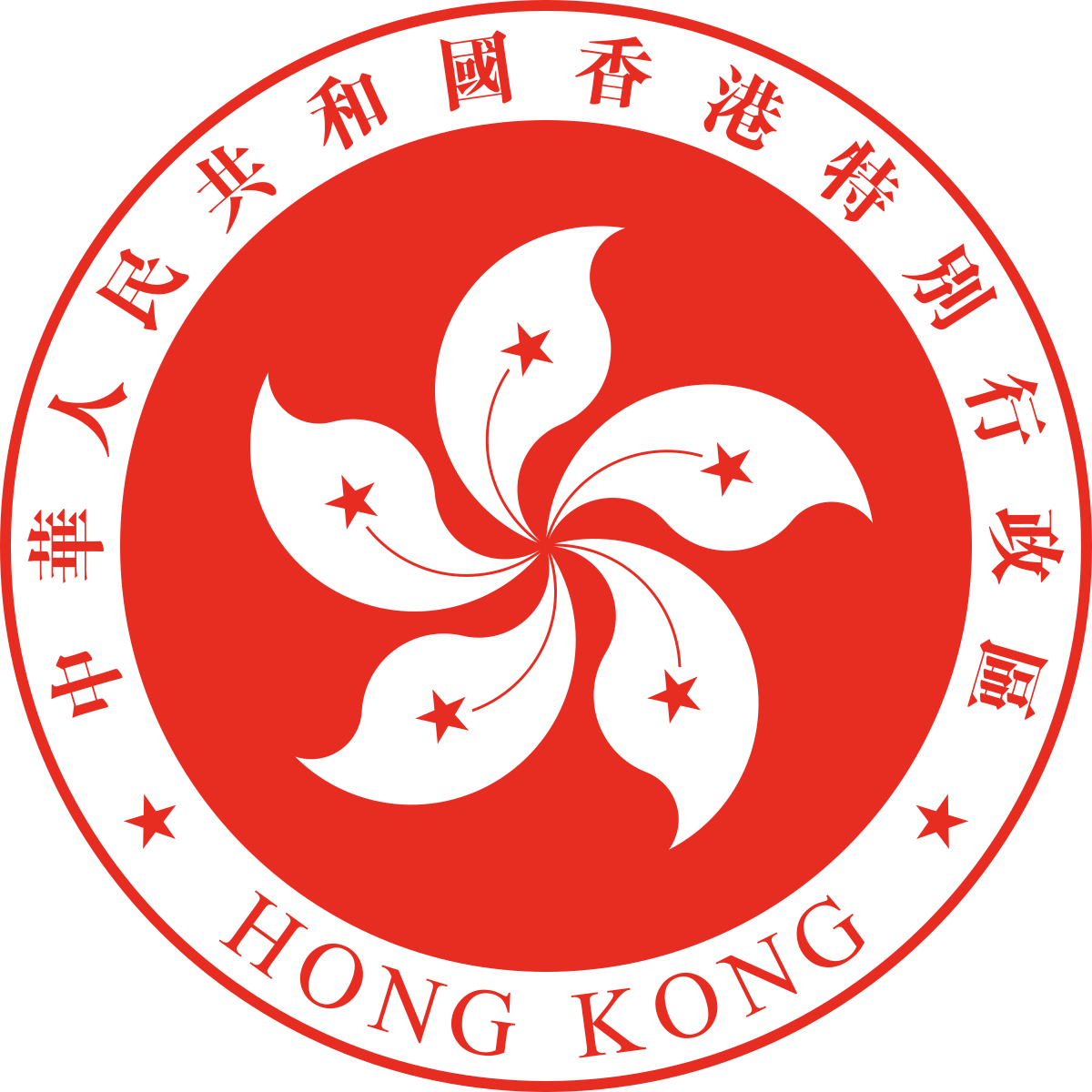


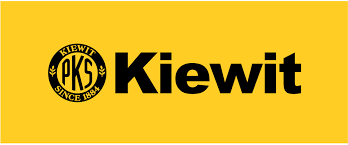


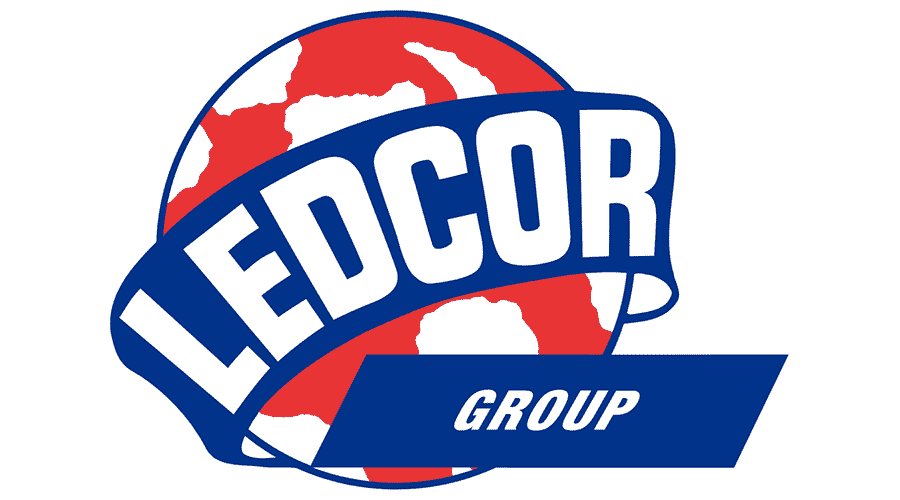
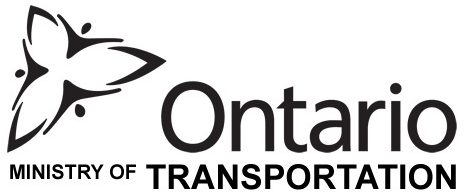

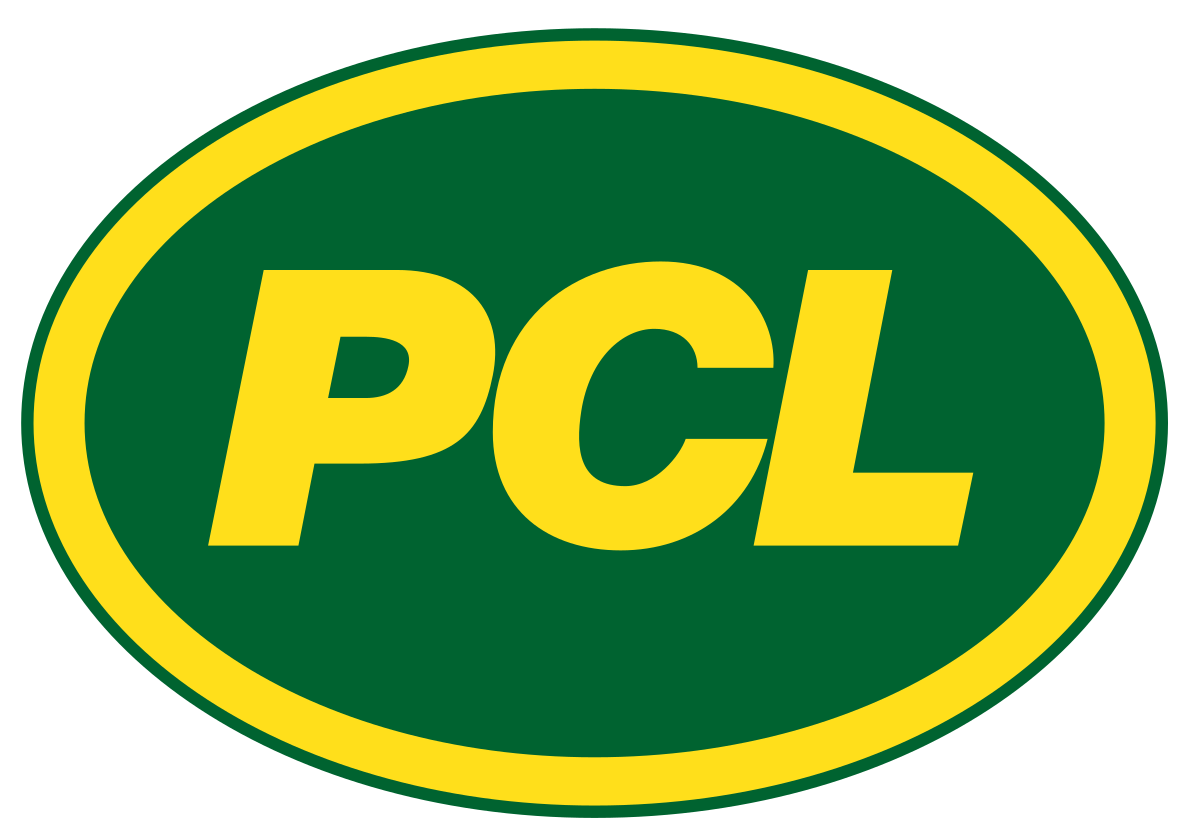

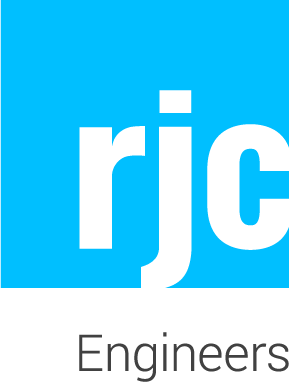
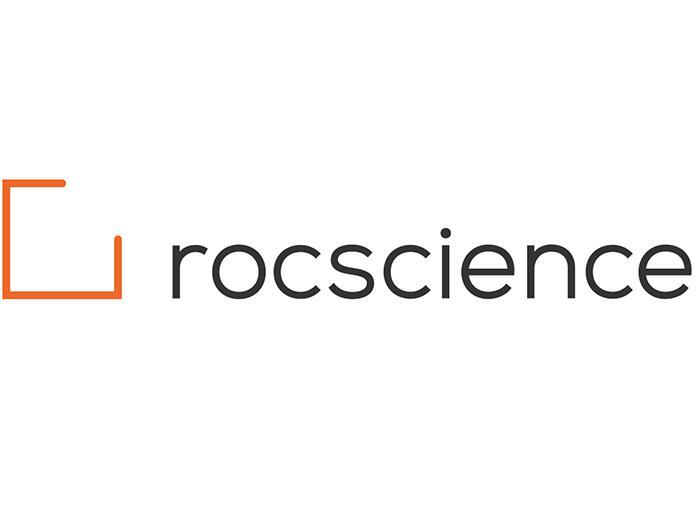

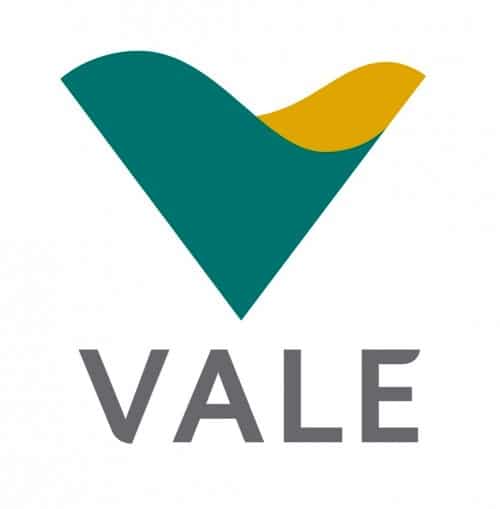
An MEng degree from U of T places you at the centre of an immense and invaluable alumni network. Combined with our strong industry connections and esteemed reputation, a CivMin MEng offers you almost infinite opportunities for support, professional growth and advancement throughout your career.
Graduates of the MEng who have specialized in Transportation Engineering & Planning are well-prepared to tackle a wide range of transportation challenges in both the public and private sectors. Alumni have secured positions with leading organizations such as Metrolinx, WSP, Hatch, and the Ministry of Transportation Ontario, contributing to essential projects that shape the future of Toronto’s complex transport network. This includes public transit systems, roadways like the Gardiner Expressway, cycling infrastructure, and pedestrian pathways. Toronto's growth is driving the need for innovative solutions in road design, traffic flow management, and active transportation systems, offering graduates opportunities to improve urban mobility, reduce congestion, and enhance transportation safety across the city. With a focus on multimodal transport solutions, our graduates excel in planning, designing, and optimizing integrated transportation systems that serve a diverse and expanding urban population.
Potential Career Pathways
Travel demand modelling consultants specialize in forecasting how people move within and between cities. They apply statistical, mathematical, and computational models to analyze travel behavior, evaluate infrastructure investments, and test policy scenarios. Their work informs decisions on new transit systems, roadway expansions, congestion pricing, and long-term urban growth strategies. These consultants often collaborate with government agencies, planning organizations, and private sector clients to ensure evidence-based decision-making.
Suggested pathway to prepare for a career in travel demand modelling: CIV531H1, CIV1504H, CIV1535H, CIV1538H

Discover other complementary Emphases to
boost your Master of Engineering experience
